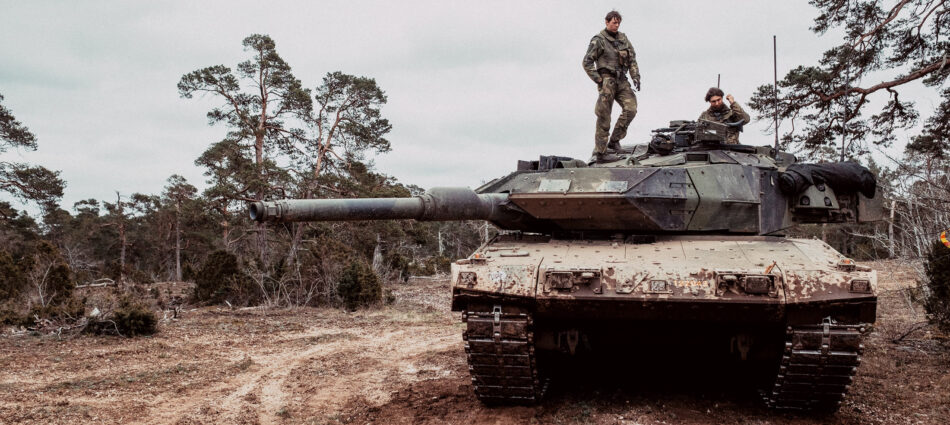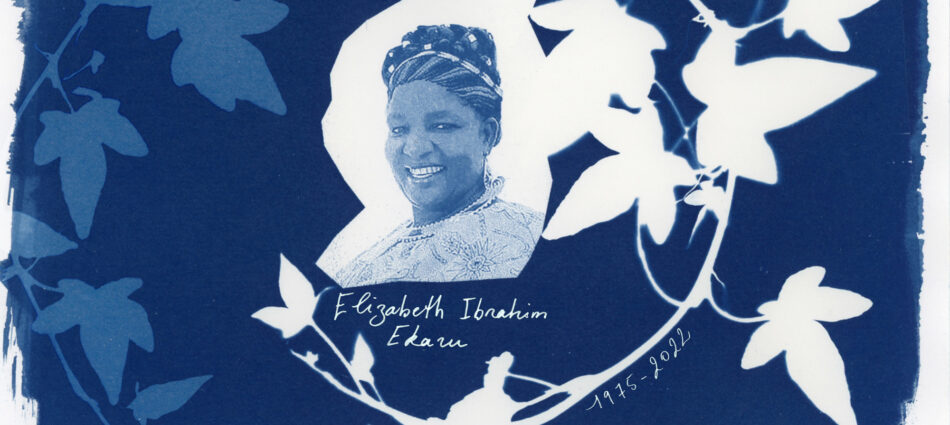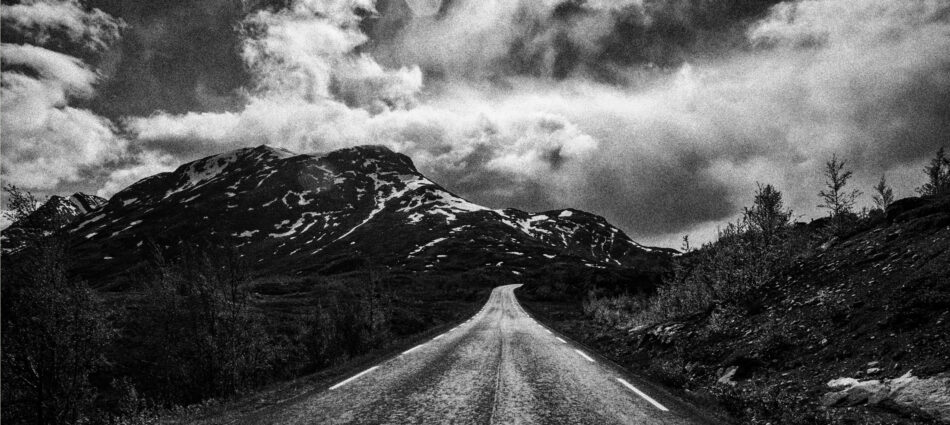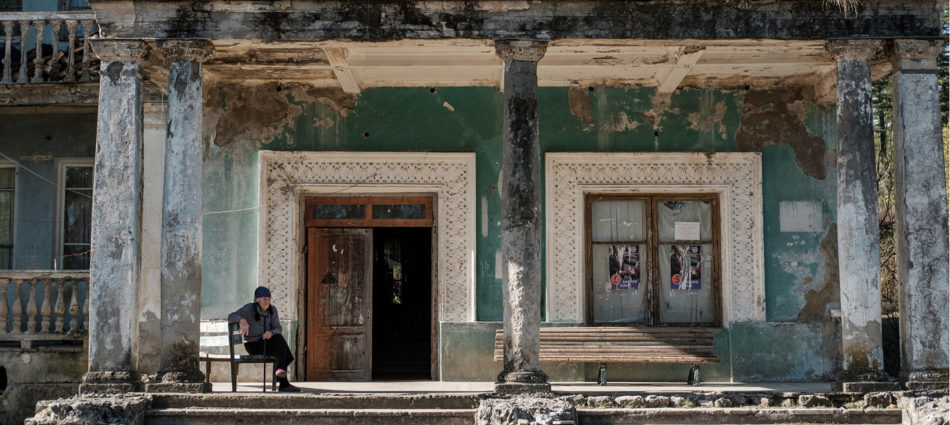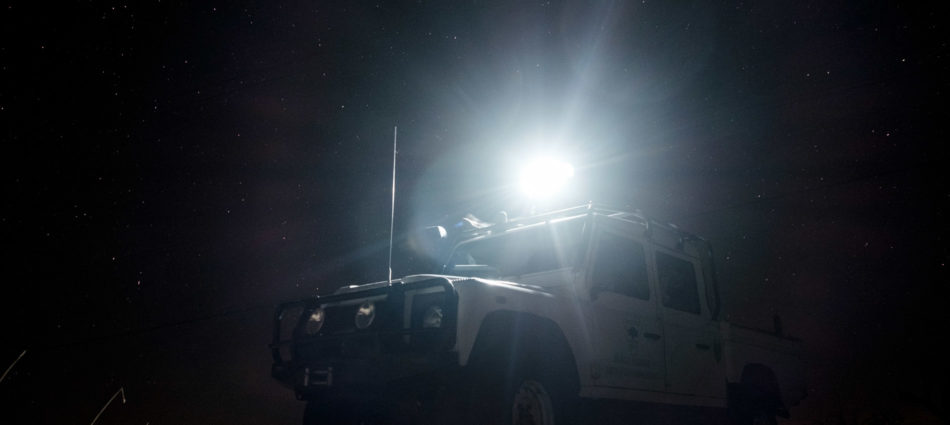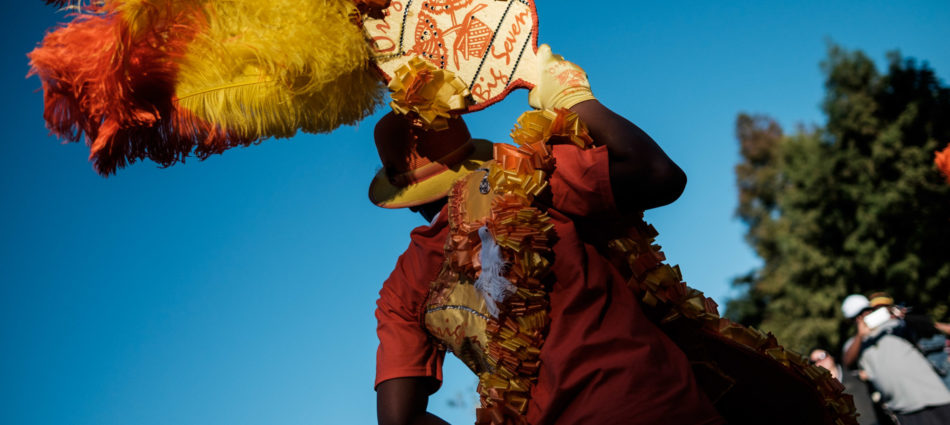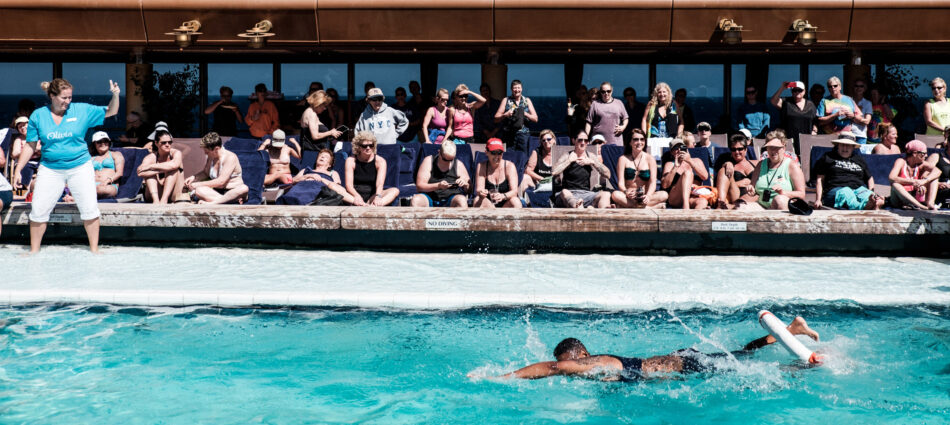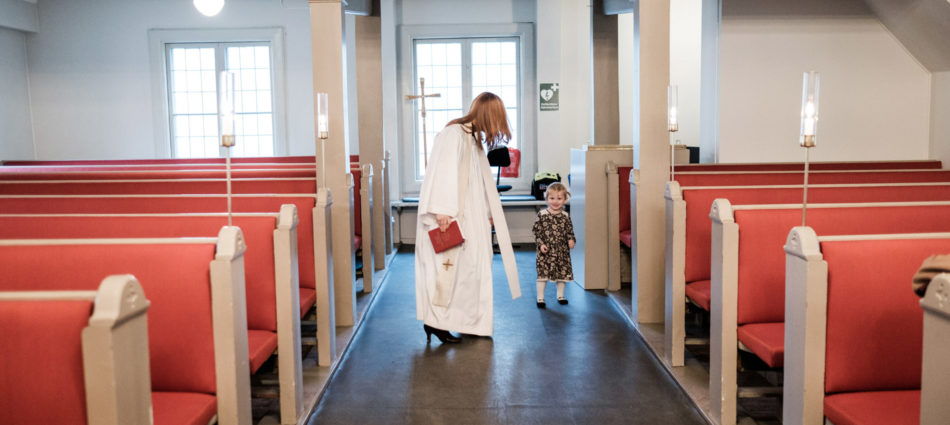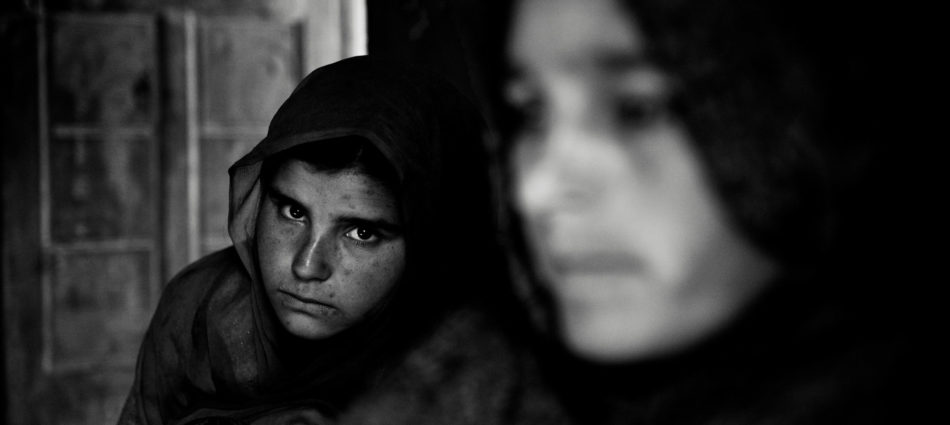Sweden on its guard

Less than 300km from the Russian enclave of Kaliningrad, the Swedish island of Gotland is preparing for the worst, since the country joined NATO in March 2024. In the country who has been neutral for decades, the membership in the atlantic organization is divisive.
Targeted Women
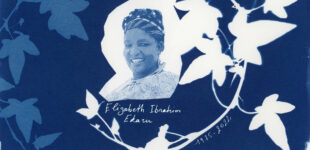
“Femmes à abattre” (Targeted Women) is the first journalistic investigation that has ever looked into these sexist crimes perpetrated all over the world. We’ve gathered hundreds of texts, images and data in order to build a collective work that will help identifying the specific threats that women human rights activists are facing, and the mechanism of impunity that surrounds them.
The last displaced of Tskaltubo
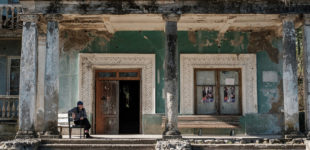
Tskaltubo, a small town in western Georgia, reached fame thanks to its sanatoria. Nowadays, these gigantic jewels of soviet neo-classic architecture are falling to ruins… but they are still inhabited.
In the footsteps of the “Black Mambas”

Far away from their families, patrolling night and day and sleeping in camps with basic comfort, these women fight to preserve this invaluable natural heritage, and to encourage the next generations to take care of it.
They are the “Black Mambas”: the first all-female anti-poaching unit in South Africa.
The Second Lines of New Orleans
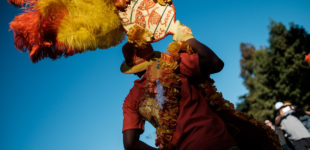
Forget about Mardi Gras, the tourists and weeks of festivities. Forget about the Jazz Festival and the price of the tickets. On sunday in New Orleans, it’s the Second Lines you need to follow.
1900 Lesbians are on a boat

The Caribbean in the winter, a crossroads of cruises.
One ship is noticeable, with its rainbow flag: welcome onboard the “Love Boat” reserved for women.
And God ordained the woman

In Sweden, 40% of the priests are women, and they will soon be a majority.
Meet the religious women of modern times, a revolution in the Lutheran Church.
The Kashmiri ‘half-widows’

In the conflict ridden valley of Kashmir, they’re called the half-widows. For many years, their husband have disappeared, sometimes without leaving a trace, sometimes arrested without any proof by the Indian army…
